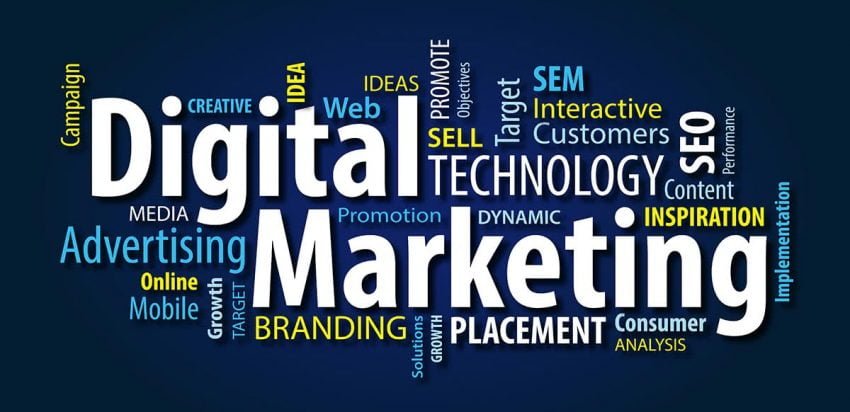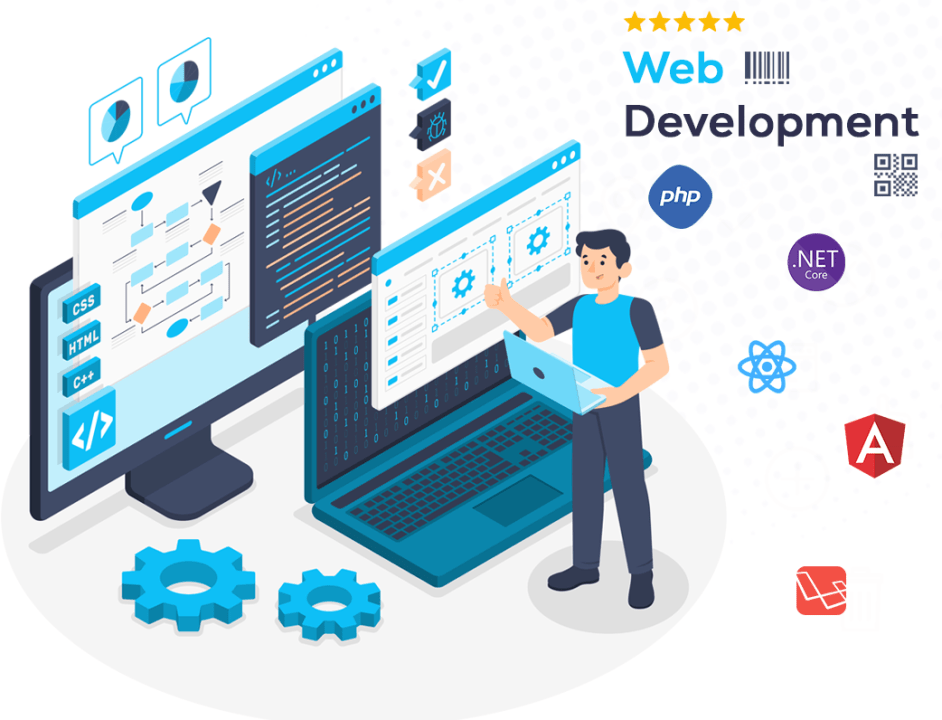
Insights
Why Digital Marketing is important for your Business

Digital marketing has become an essential component of modern business strategies, significantly influencing how companies connect with their audiences and promote their products or services. In this comprehensive overview, we will explore the critical importance of digital marketing for businesses and examine various types of digital marketing along with the tools that facilitate these strategies.

Why Digital Marketing is Crucial for Businesses
- Cost-Effectiveness:
- High Costs of Traditional Marketing: Traditional marketing methods, such as billboards and television commercials, often come with substantial costs and high entry barriers, making them less accessible for small and medium-sized enterprises.
- Affordable Digital Platforms: Digital marketing platforms like Google Ads and Facebook Ads enable businesses to launch campaigns with minimal budgets. This accessibility allows even startups to compete in the marketplace.
- Targeted Campaigns: With digital marketing, businesses can create cost-effective campaigns that efficiently reach specific audiences, maximizing their return on investment (ROI).
- Targeted Audience Reach:
- Precision Targeting: Unlike traditional media, digital channels offer advanced targeting options. Businesses can tailor their messages based on various factors, including demographics, interests, geographic location, and online behavior.
- Data-Driven Insights: Analytics tools provide valuable insights into the characteristics and preferences of website visitors and social media followers, allowing for more informed marketing decisions.
- Global Reach and Accessibility:
- Transcending Geographical Boundaries: Digital marketing enables businesses to connect with a global audience, significantly expanding their market reach.
- 24/7 Accessibility: The online nature of digital marketing ensures that potential customers can engage with brands any time and from anywhere, leading to increased opportunities for interaction and conversion.
- Measurable Results:
- Real-Time Analytics: Digital marketing provides immediate access to data and analytics, allowing businesses to track campaign performance, conversion rates, and overall ROI.
- Agility in Strategy: With the ability to monitor results in real-time, businesses can make prompt adjustments to their strategies based on data insights, optimizing their marketing efforts.
- Personalization and Engagement:
- Tailored Communication: Digital channels facilitate personalized communication, enhancing customer experience. Businesses can utilize email marketing, social media, and targeted ads to create meaningful interactions.
- Building Brand Loyalty: Engaging content fosters trust and loyalty among customers, encouraging repeat business and long-term relationships.
Types of Digital Marketing
- Search Engine Optimization (SEO):
- Definition: The practice of optimizing website content and structure to achieve higher rankings in search engine results.
- Tools: Yoast, SEO PowerSuite, Ahrefs Free SEO Tools.
- Search Engine Marketing (SEM):
- Definition: The use of paid search advertisements to gain visibility in search engine results.
- Tools: Google Ads, Bing Ads.
- Social Media Marketing:
- Definition: Utilizing social media platforms to engage with audiences and promote products or services.
- Tools: Sprout Social, Hootsuite, Buffer.
- Content Marketing:
- Definition: Creating and distributing valuable content to attract and retain customers.
- Tools: Canva, Grammarly, Writesonic.
- Email Marketing:
- Definition: Directly communicating with customers through email to nurture leads and maintain relationships.
- Tools: MailChimp, Moosend.
- Affiliate Marketing:
- Definition: Earning commissions by promoting other companies’ products or services.
- Tools: Amazon Associates, ShareASale.
- Mobile Marketing:
- Definition: Targeting users on mobile devices through applications and SMS.
- Tools: SMS Marketing, Google Bard.
- Video Marketing:
- Definition: Promoting products or services through engaging video content.
- Tools: YouTube, Wistia, Peech.
- Influencer Marketing:
- Definition: Partnering with influential figures to endorse products and reach wider audiences.
- Tools: Instagram, TikTok.
- Website Marketing:
- Definition: Promoting a website through various online channels to increase visibility and traffic.
- Tools: Google Analytics, Google Search Console.
Conclusion
Digital marketing is a powerful tool that empowers businesses to effectively connect with their target audiences, drive sales, and achieve sustainable growth. By utilizing the right digital marketing strategies and tools, companies can not only enhance their visibility and engagement but also remain competitive in an ever-evolving marketplace. Embracing digital marketing is no longer an option but a necessity for businesses aiming to thrive in today’s digital age.








